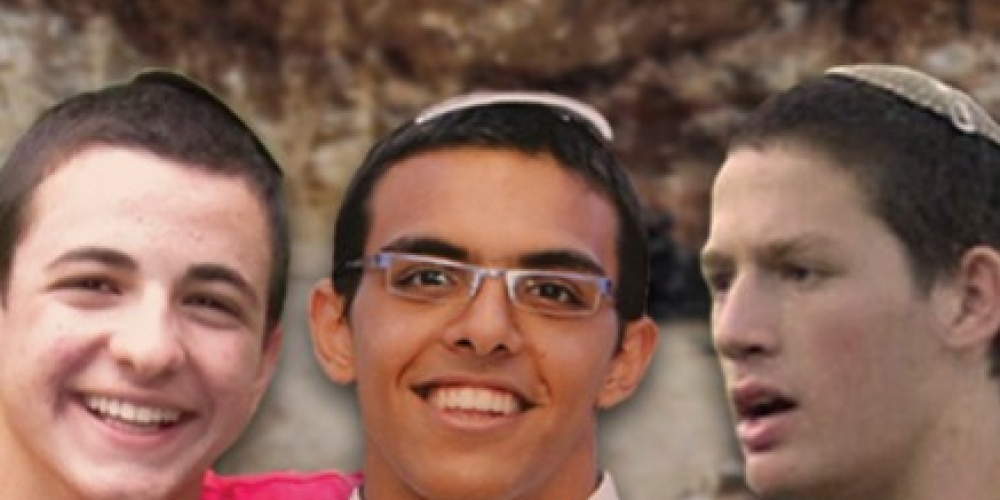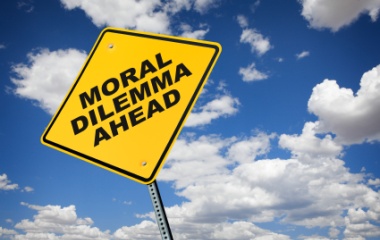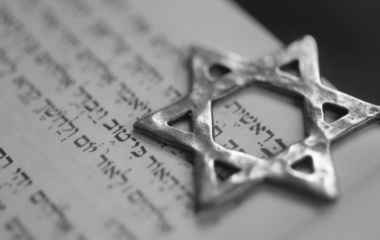
For most of the world, the year 1492 marks the anniversary of Christopher Columbus' voyage to America. Yet for Jews, the year 1492 is a year of tragedy, a date in Jewish history etched in infamy. It marked the end of perhaps the greatest Diaspora community in Jewish history, the birthplace of Rav Yehuda Halevi, Rambam, Ramban, Shmuel Hanagid, Rav Yosef Albo, and countless others greats. Spain is the country where, at least for a time, Jews and Muslims lived side by side in peace, with mutually beneficial interaction. May we merit the return of such!
I write these words from Madrid after our first day of the Torah in Motion Journey Through Jewish History. At our visit to the Royal Palace, there was a statue of Ferdinand and Isabella. These are the Spanish rulers who issued the decree of expulsion and were deaf to the pleas of the Abarvanel, the great biblical commentator and finance minister of Spain. Yet, in Spanish history, Ferdinand is regarded as a hero. He pulled a collection of warring districts into one united country, and he agreed to finance the voyage of Columbus--rightfully earning much of the credit for the discovery of America.
And in the mysterious ways of history, America became--at least from a physical point of view--the greatest and most successful of Diaspora communities in our long history. Sometimes, from great tragedy there comes great good; and while the latter does nothing to diminish the former, we can and we must grow from the tragedy. We must not let people die in vain. We can never answer the question "why", but we must always attempt to answer the question "to what purpose".
Worldwide, the Jewish community is mourning. There are few, if any, words of comfort for the families of Eyal, Naftali and Gilad, Hy"d. All we can do is pray that these boys are the last to be martyred; and that G-d give these amazing families the strength to move forward and--when the time is right--to experience the great joys of life once more.
The Fraenkel, Yifrach, and Shaer families--with their incredible faith, strength of character, and commitment to the Jewish people--have modeled for us sublime dignity in the face of tragic despair.
We are awed by the sensitivity and strength of Rachel Fraenkel who, as she buried her son, could say: "Dear soldiers, intelligence personnel and police, we still thank you very, very much. You promised you would find them and bring them back. And you brought them back. That is a great kindness, too."
The 15th of Av is, the Talmud asserts, the happiest day of the year. One of the reasons given for celebrating is that those massacred in Beitar were brought to a proper burial. And because they were brought to burial, there was a fourth blessing added to the birchat hamazon--hatov vehameteev. "Who is like you, the nation of Israel?" We have the capacity to bear the most barbaric of acts and try to shape our suffering into something positive. And no amount of hatred can change that.
I cannot recall a time where there was such unity amongst the Jewish people. People from every conceivable walk of life joined together, in their own ways, to hope that Gilad, Naftali, and Eyal would be returned safely to their families. Those families taught us that no matter our beliefs, practices, or political views, the Jewish people are one. That is a message worth remembering and acting upon every day of the year.
May the Jewish people be spared any more pain and suffering, and may the unity of the last 18 days continue, so that we may witness in our time the complete redemption of the Jewish people.
May G-d comfort the Fraenkel, Yifrach, and Shaer families together with all who mourn for Zion and Jerusalem. Yehi zichram baruch.



